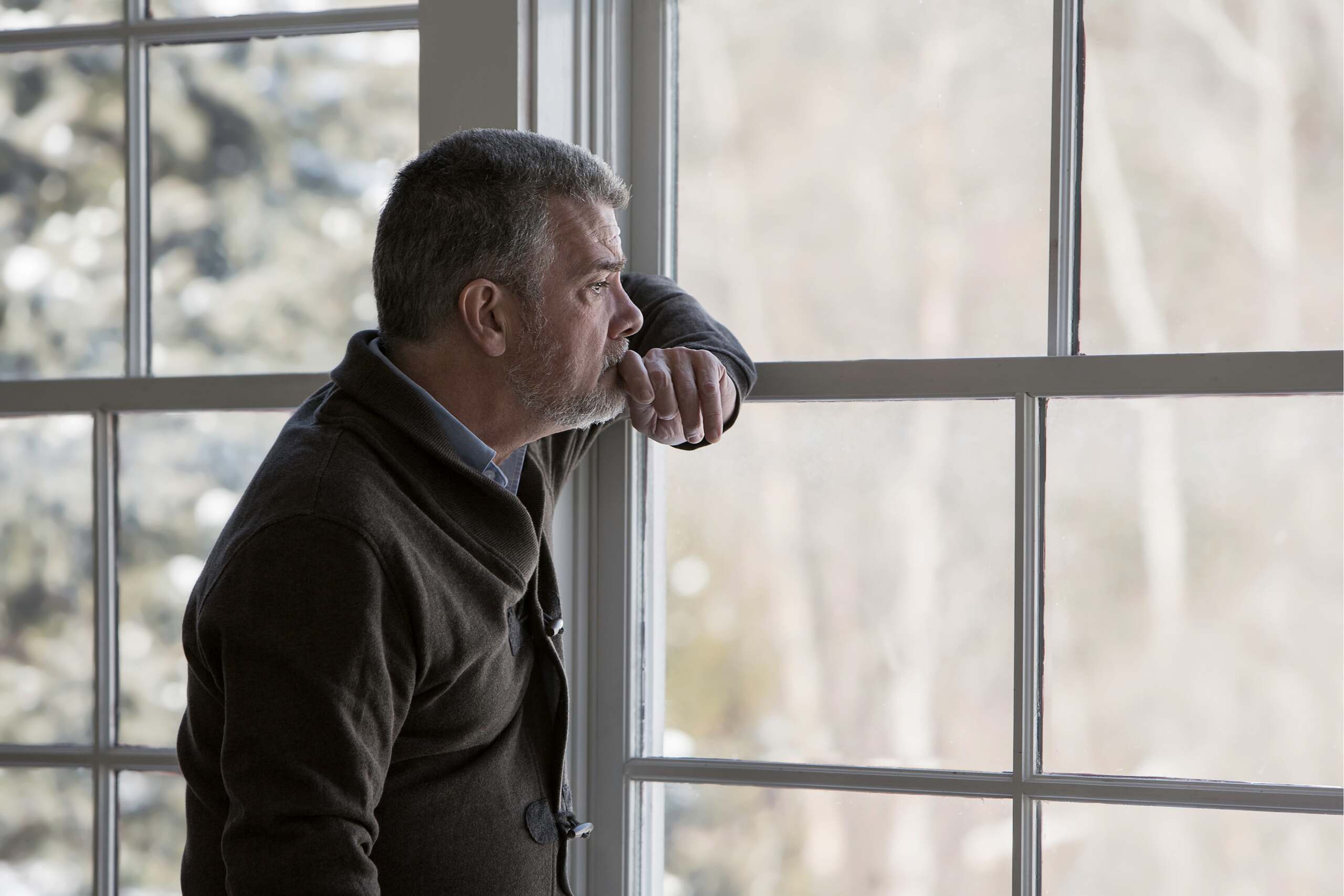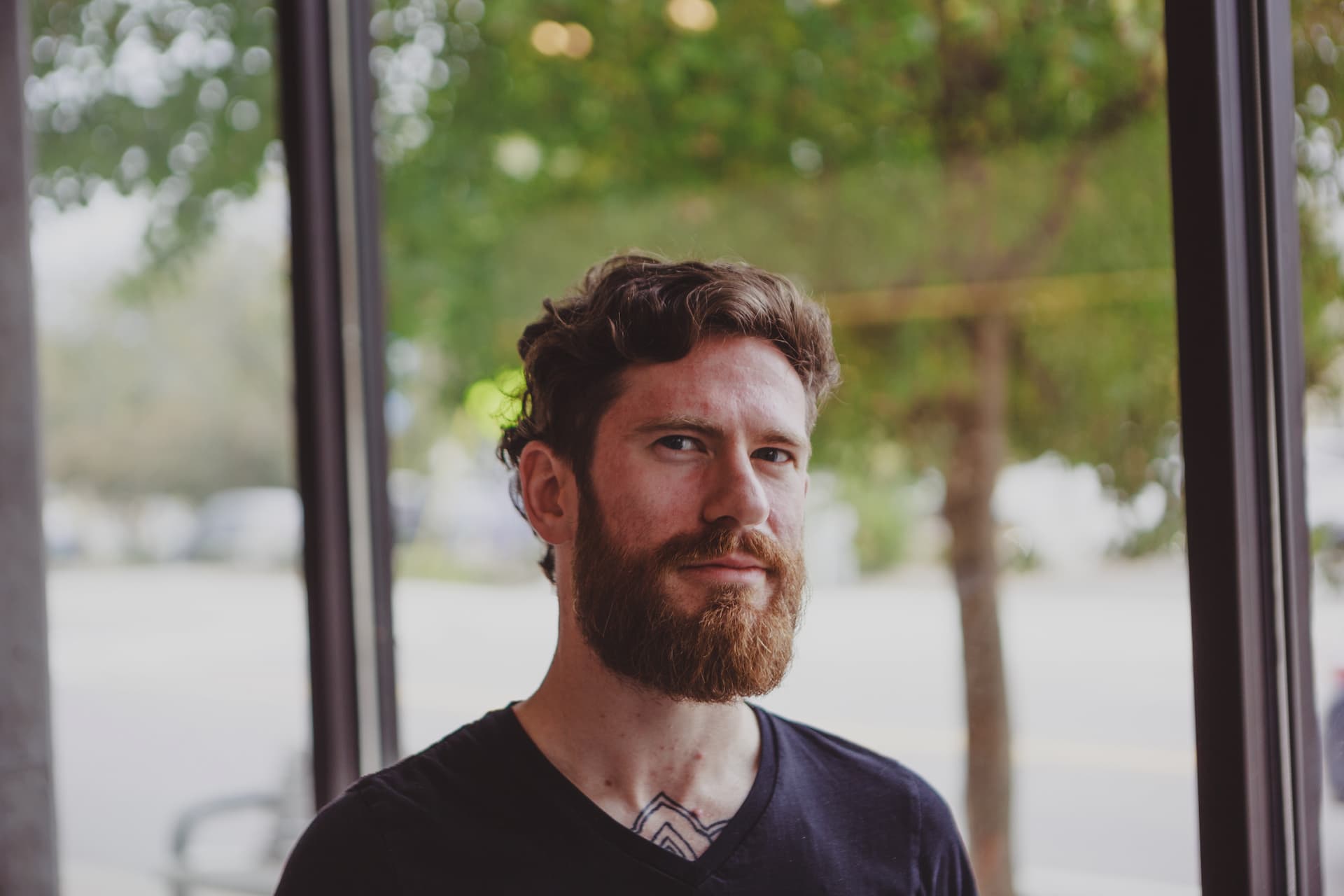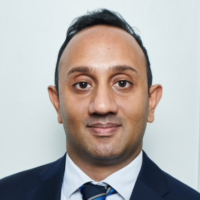Reviewed by Francis Lickerish, Family Therapist and Addiction Specialist
It is estimated that 100 million adults worldwide have a family member with an addiction. When you factor in close friends, carers, colleagues and other loved ones, this number grows even higher.
The undeniable fact is that addiction touches many, if not most, lives – be it personally, within families, among friends, in the workplace or in the community.
Francis Lickerish, a family therapist and addiction counsellor, specialises in working with families in addiction treatment. Families will almost always come into our family groups and say, “I am here to find out how I can support my loved one.” I have to tell them that actually you can’t, you need to work on yourself. In this article, Francis shares his insights and advice for the families and loved ones of someone who is experiencing addiction.
How does addiction affect families or loved ones?
If you have a family member or loved one who is experiencing an addiction, you have likely felt a number of conflicting emotions – frustration, helplessness, anger, responsibility and love just to name a few. The experience of being a loved one of a person with an addiction also nearly always comes with some kind of desperation for the addict. Francis explains it this way, “If you think about it, the addiction takes over the addict’s life – it becomes the organising principle, the primary relationship in their world. By osmosis, it becomes the primary relationship in the family’s life. The addict will be thinking about drinking, drugs, and behaviours first thing in the morning and last thing at night. And so will the family. This has an enormous impact.”
“One of the things that has always struck me is the impact that addiction has on the family is really misunderstood. The support tends to be very much one-sided. There is this idea that if the addicted individual, the identified addict, everything will be alright. And it’s not like that at all. In my experience, addiction hits the family much harder than it hits the addict,” Francis says.
My loved one has an addiction; how can I support them?
“Almost always, the first thing families will say to me in family therapy is, ‘I am here to find out how I can support my loved one’. To put it bluntly, my job is to tell them that they can’t. Instead, they need to work on themselves,” Francis says.
“There are three themes of family work,” Francis explains. These themes are the three Cs in Al-Anon, a support group for anyone whose life is or has been affected by someone else’s drinking.
- I didn’t cause it
- I can’t control it
- I can’t cure it
“These three themes are almost the mantra of family work. For example, say your husband is a cocaine and alcohol addict. He said he would be back by 8pm. It’s now 3am in the morning. You’ve got no idea what’s going on. His phone is switched off. You’re anxious, frightened, you don’t know what to do. You don’t know if he’s dead or alive. You don’t know whether to call the police. You’re asking yourself, ‘Was it my fault?’ ‘Was it something I said?’ You’re going through this awful process. But he’s off in a club somewhere having a great time.”
“The impact it has on the family is very difficult to manage. The emphasis goes on the addicted person to get well and there is a covert thing that the family should be supporting, but they can’t. They need their own recovery from this addiction.”
“I might ask a mother who has a son who has just been admitted to Nightingale, ‘How are you doing?’ And she replies with, ‘Oh, he’s doing very well. His psychiatrist said he can be out in 28-days and then onto secondary care.’ To which I reply, ‘Yes, but what I asked is how are you?’. It’s symptomatic of the power that the addiction has.” The role of family work in addiction treatment is helping family members come to terms with the fact that it is not their job to heal, their job to support, their job to fix the addicted person because they can’t.
“When they’re in treatment, the addicted person has all the support around them. A lot of the time, the family has nothing. Yet in some ways, the family is as unwell as the addict. But getting into family groups, band eing part of the process can be a liberating experience.”
Are there any tools or resources that family members should be aware of?
For families and loved ones, Francis recommends two things:
- Join an Al-Anon group: Al-Anon Family Groups are for the families & friends of alcoholics who share their experience, strength & hope in order to solve their common problems. You can find your local meeting here.
- Get into therapy: Get into your own recovery. Don’t try to do this on your own. Francis hosts weekly family groups for family members whose loved ones are in treatment at Nightingale. But if your loved one has not yet engaged with treatment, Francis also hosts a weekly online group with Start2Stop, our secondary treatment provider.
Francis has supported hundreds of family members through the process of experiencing a loved one struggling with addiction. His message is simple: “Addiction is not a condition of identity. The addicted person is separate from the addicted person. I call the addiction ‘It’. Trying to have a relationship with it is impossible. It doesn’t care about you. It doesn’t love you. It loves drinking. It loves drugs. It is ruthless. It will manipulate, lie, gaslight, cheat, and do everything it possibly can to maintain the status quo. That is not the person you love. The person that you love is still in there somewhere. The job of treatment is to try and strengthen the person against the addiction so they can emerge.
And people do get better. They do get well. But you have your own work to be done for you to get well, outside of the addicted person.”
Francis Lickerish has recently published a book on the topic of families and addiction. His book can be purchased on Amazon here.
Addiction treatment at Nightingale Hosptial
Nightingale Hospital London is dedicated to delivering individually tailored, quality care for individuals aged 18 years and above. Our approach to addiction treatment combines individualised addiction treatment programmes, with therapies that are based on current clinical evidence. Patients can seek help for their addiction at Nightingale Hospital in an inpatient, day patient or outpatient setting.
Our addiction treatment multidisciplinary team (MDT) consists of leading consultant psychiatrists, nurses and therapists who are all specially trained in addiction. They are supported by clinical psychologists, trauma therapists, counselling psychologists and psychotherapists ensuring that we deliver specialised, evidence-based treatments.
Professional addiction treatment is shown to be the most effective way to tackle addiction and support the individual in long-term recovery.
Our inpatient addiction treatment is provided via two separate modalities:
Free telephone consultation
Addictions treatment telephone consultation
We offer a free telephone consultation to determine if addictions treatment would be right for you, or a loved one. Complete the form below and a member of our expert addictions team will be in touch to arrange an appointment.
Related Conditions
- Alcohol addiction
- Drug addiction
- Behavioural addictions
- Sex and love addiction
- Dual diagnosis
- Gambling addiction
- Technology addiction












